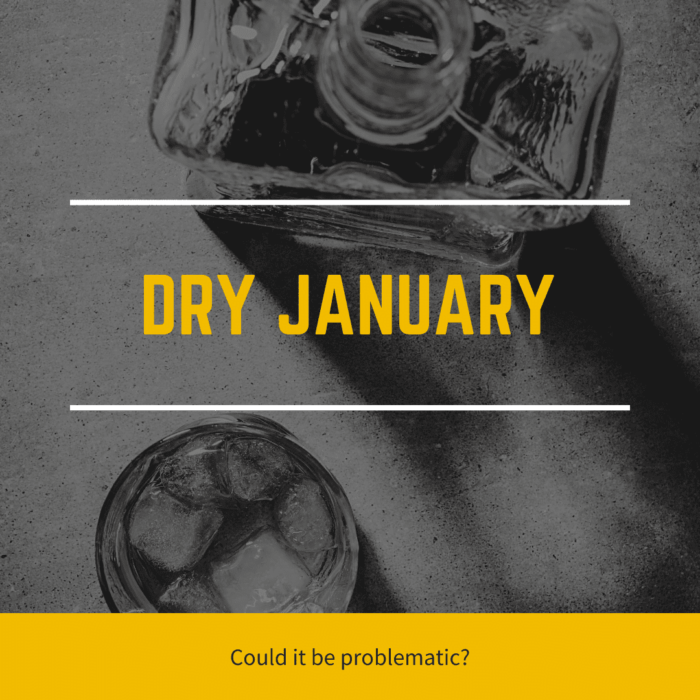Substance Abuse is a Family Disease: How Does Substance Abuse Impact the Children? One of the biggest misconceptions about substance abuse is that it only affects and hurts the person who is drinking or taking drugs. The fact is, the immediate family — predominately the spouse and children — is usually affected most.
Substance Abuse like Drug and alcohol addiction are family diseases with uncompromising outcomes for all family members, particularly children. Rachel N. Lipari, Ph.D. and Struther L. Van Horn, M.A. reported that about 1 in 8 children resided in a household with at least one parent who had a substance use disorder, according to the data from the 2009 to 2014 National Surveys on Drug Use and Health (NSDUH).
Over 35 million children are vulnerable to developing problems with alcohol and/or drug use due to parental substance use disorders. Moreover, youth are subjected to subsequent physical and mental health difficulties due to their parent(s) use of illegal drugs, tobacco or alcohol, according to a 81-page white paper, “Family Matters: Substance Abuse and the American Family,” released by CASA Columbia (CASA) at Columbia University.
- Read this Related Article: “How Addiction Became My Family’s Disease”
Consequences of Fetal Alcohol and Drug Exposure
It is clear that prenatal exposure to alcohol, drugs or tobacco is linked to a number of physical, cognitive, behavioral and mental health problems. For example, according to the National Institute on Alcohol Abuse and Alcoholism (NIAAA), women who drink during pregnancy increase their child’s risk of alcohol-related neurodevelopmental disorder, fetal alcohol syndrome (FAS) and other birth defects due to alcohol.
Fetal alcohol and drug exposure also increases the risk of other life-long problems in children such as:
- Miscarriage
- Premature birth
- Low birth weight and physical deformities
- Cognitive impairments
- Conduct disorder
- Attention problems
- Depression
- Mental retardation
For Children, Actions Are Louder Than Words
In addition to the consequences of fetal alcohol and drug exposure, substance abuse and addiction can wreak havoc on the family system and home environment. According to the National Association for Children of Alcoholics (NACA), households with parents who have substance use disorders are often characterized by a lack of family cohesion, inconsistent or absent discipline and structure, poor communication, and higher-than-normal levels of conflict, stress, and emotional and physical violence.
Young people are particularly affected by substance abuse like alcoholism or drug addiction of a parent, because their “actions speak louder than words.” In such households, youth are gravely impacted by inconsistent and fragmented care they receive from one or both of their parents with alcohol or drug addiction. Often, children may grow up without a clear parental role model to look up to and lack supervision and control of parents, which can increase their risk of indulging in drugs and crime later in life.
Other than the physical effects, children of alcohol and drug addicted parents are also more likely to experience:
- Academic and cognitive problems, including missing school, dropping grades or indiscipline; trouble letting go old friends and making new ones; lack of involvement in physical activities such as sports; poor judgment and more.
- Emotional and behavioral changes, including anxiety, depression, low self-esteem, social skills deficits, aggression and conduct problems.
- Substance abuse, including alcohol, illicit drug (e.g., stimulants, narcotics, mood stabilizers) and prescription drug abuse.
Unique Circumstances Facing Children of Alcoholics and Drug Addicts
Substance use disorders among parents is also considered a risk factor for child welfare system involvement, trauma and childhood maltreatment (e.g., physical violence and/or neglect). For example, parents with substance abuse disorders are approximately three times more likely to report physical abuse towards their children and more than four times likelier to report neglect than parents with no addiction. This is, by far, the most considerable impact of parental substance abuse and addiction on youth.
In the state of Georgia, for example, thousands of children have been placed in foster care away from their parents’ homes over the past few years due to alcohol and drug misuse. As the drug epidemic continues to plague the country, many states are seeing similar increases in the number of children who are being transferred to foster care. The states hit hardest by the opioid crisis witnessed a 62 percent increase in the number of children being transferred to foster care.
How Are Children Impacted by Parental Alcohol and Drug Abuse?
Millions of American children and youth are impacted by parental substance abuse, as per the October 2014 Parental Substance Abuse and the Child Welfare System bulletin for professionals, released by the Child Welfare Information Gateway. The bulletin highlighted some of the troubling statistics related to children of parents with substance use disorders:
- Approximately 12 percent of kids in this nation live with a drug or alcohol addicted parent.
- Nearly 400,000 newborns are exposed to prenatal substance exposure every year.
- Per the 2011-2012 NSDUH data, nearly 6 percent of expecting women aged 15 to 44 used illegal drugs.
- More than 8 million kids under 18 years of age lived with substance dependent or substance-abusing parent. Of these children, around 7.3 million lived with an alcohol addicted parent and about 2.2 million lived with a parent who was addicted to drugs.
Map to Recovery
Drug and alcohol abuse are significant public health concerns and stand as the most common psychiatric disorders in adolescence and early adulthood. Alcohol and drug use problems are highly debilitating, and often co-exist with other physical and mental health issues.
At AKUA Mind & Body, we understand that addiction affects the whole family, not just the individual. As part of our comprehensive addiction and mental health treatment programs, we offer psychodynamic therapy, trauma-informed care and family therapy to help clients develop healthy attachments, overcome early childhood trauma and learn how to live a life free from addiction. If you or someone you know is dealing with an addiction or any mental health issue, you can call our Confidential Admissions Line at 833-AKUA-NOW.
24/7 ADMISSION HELPLINE 888-629-6707




